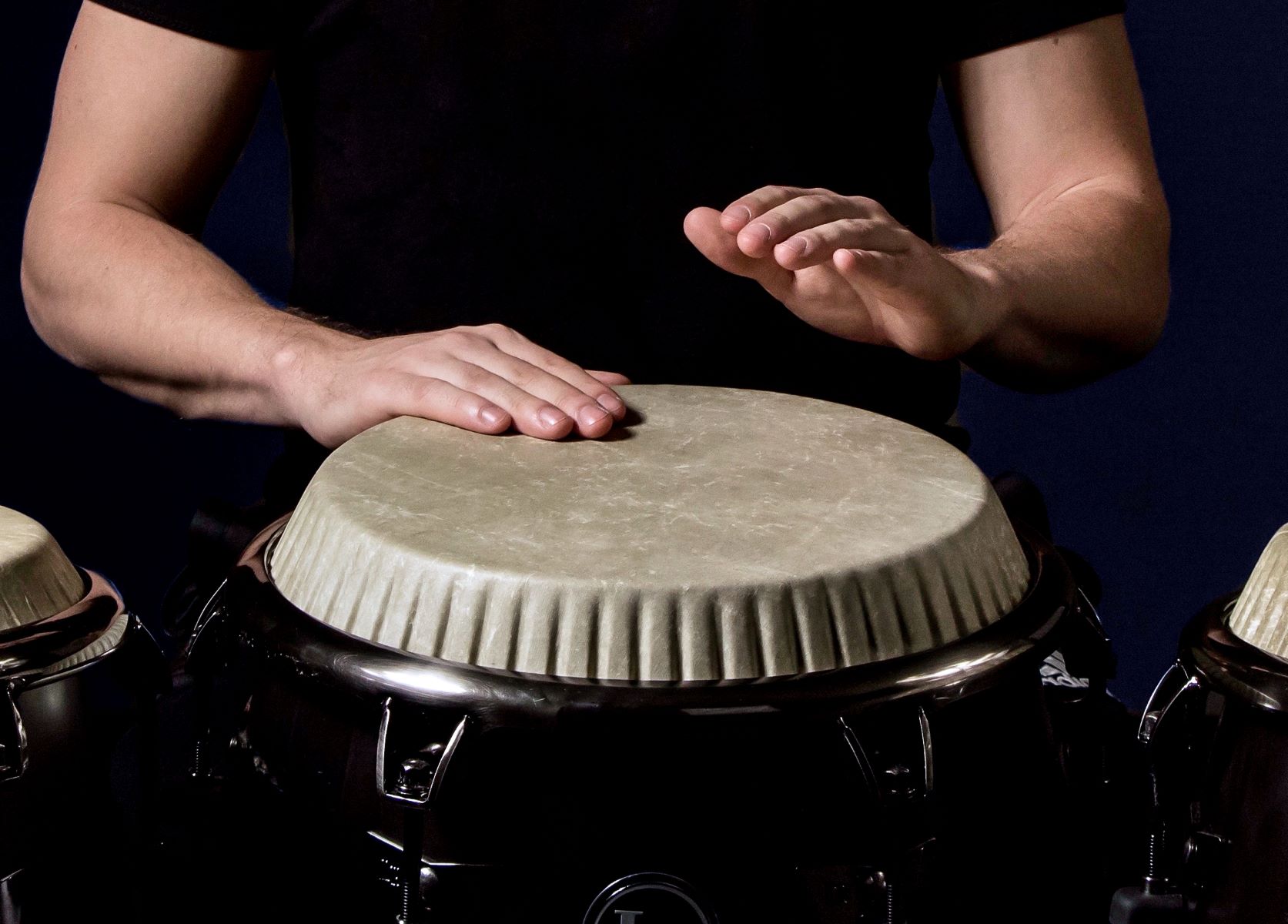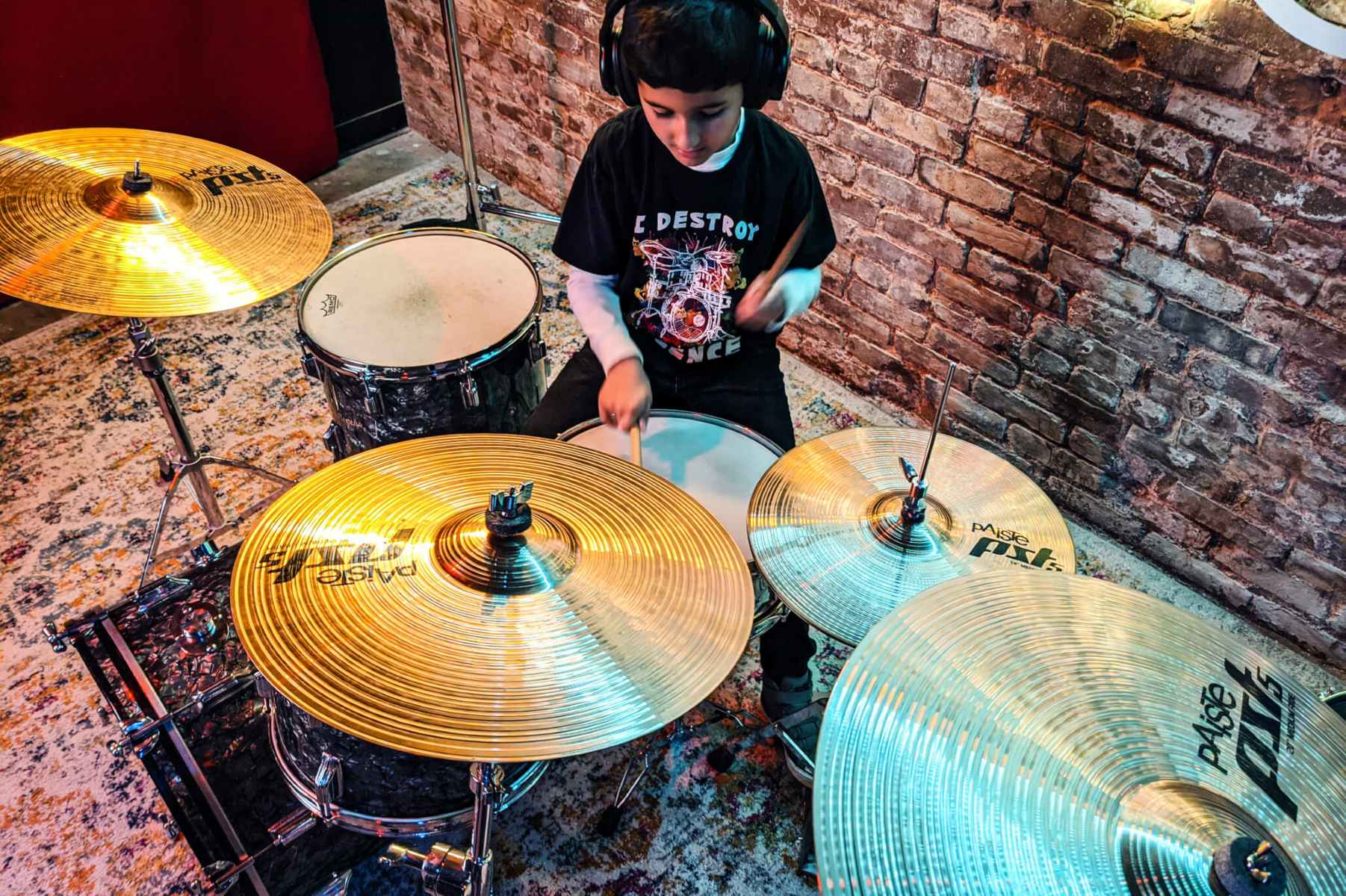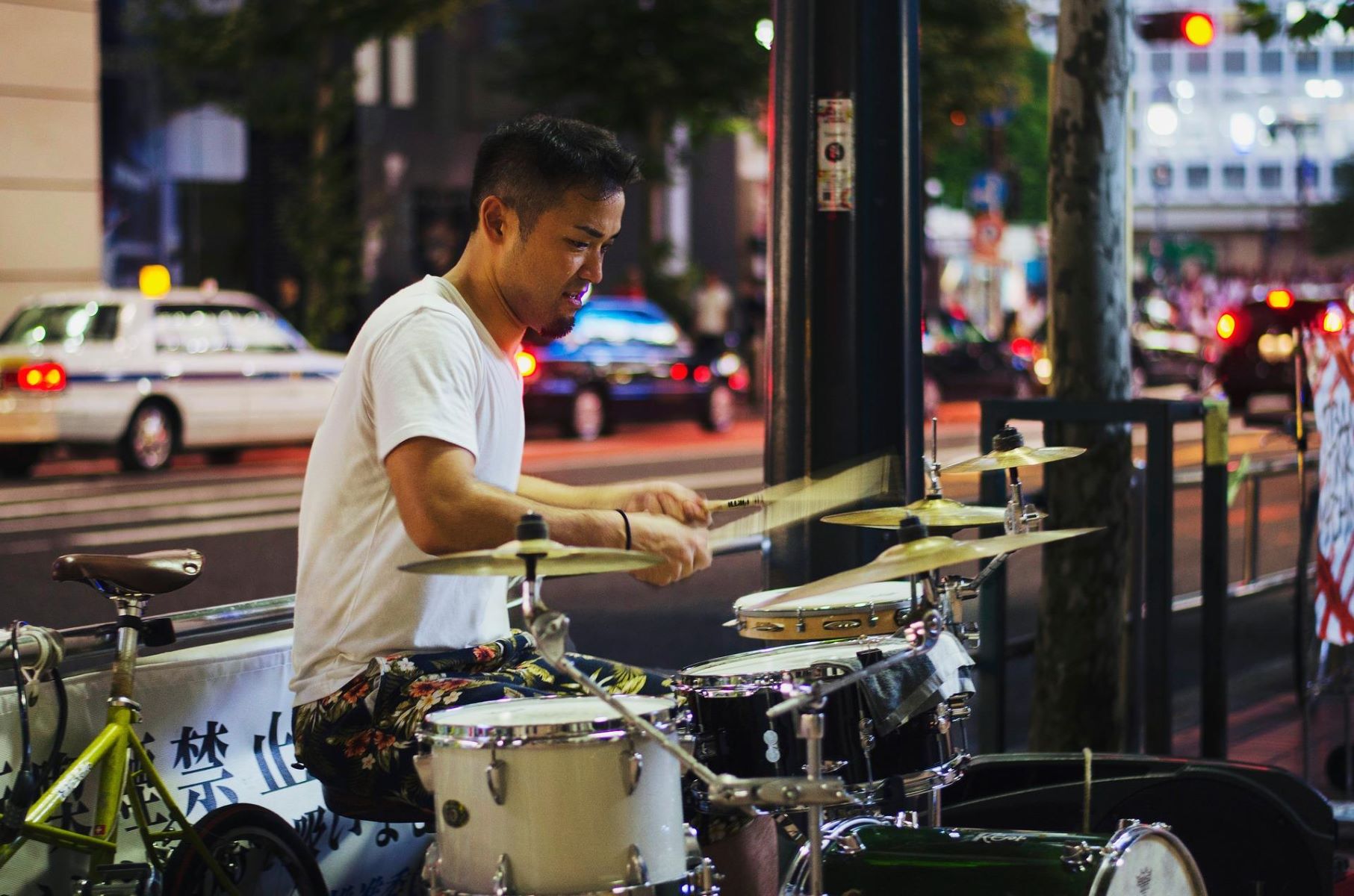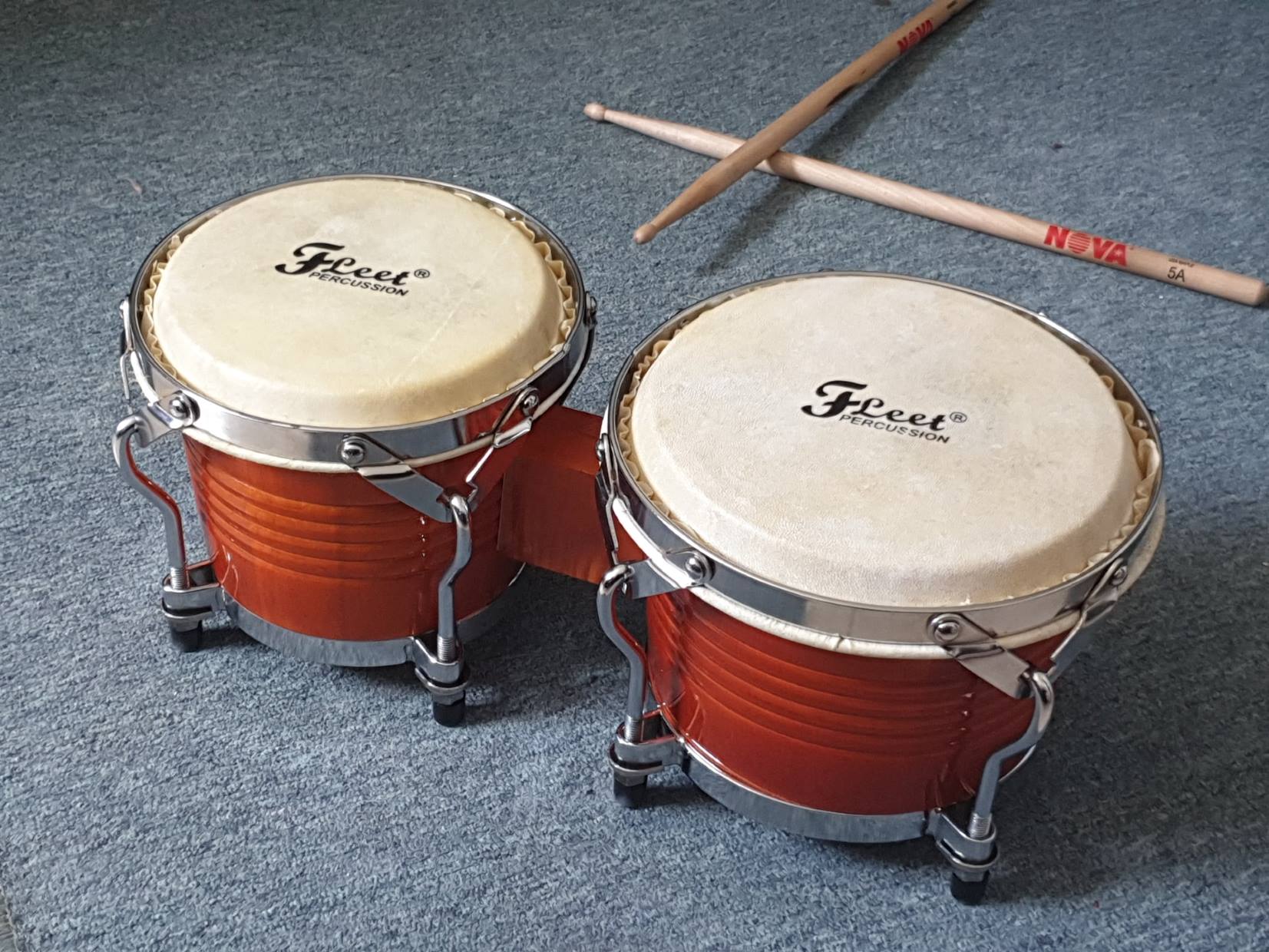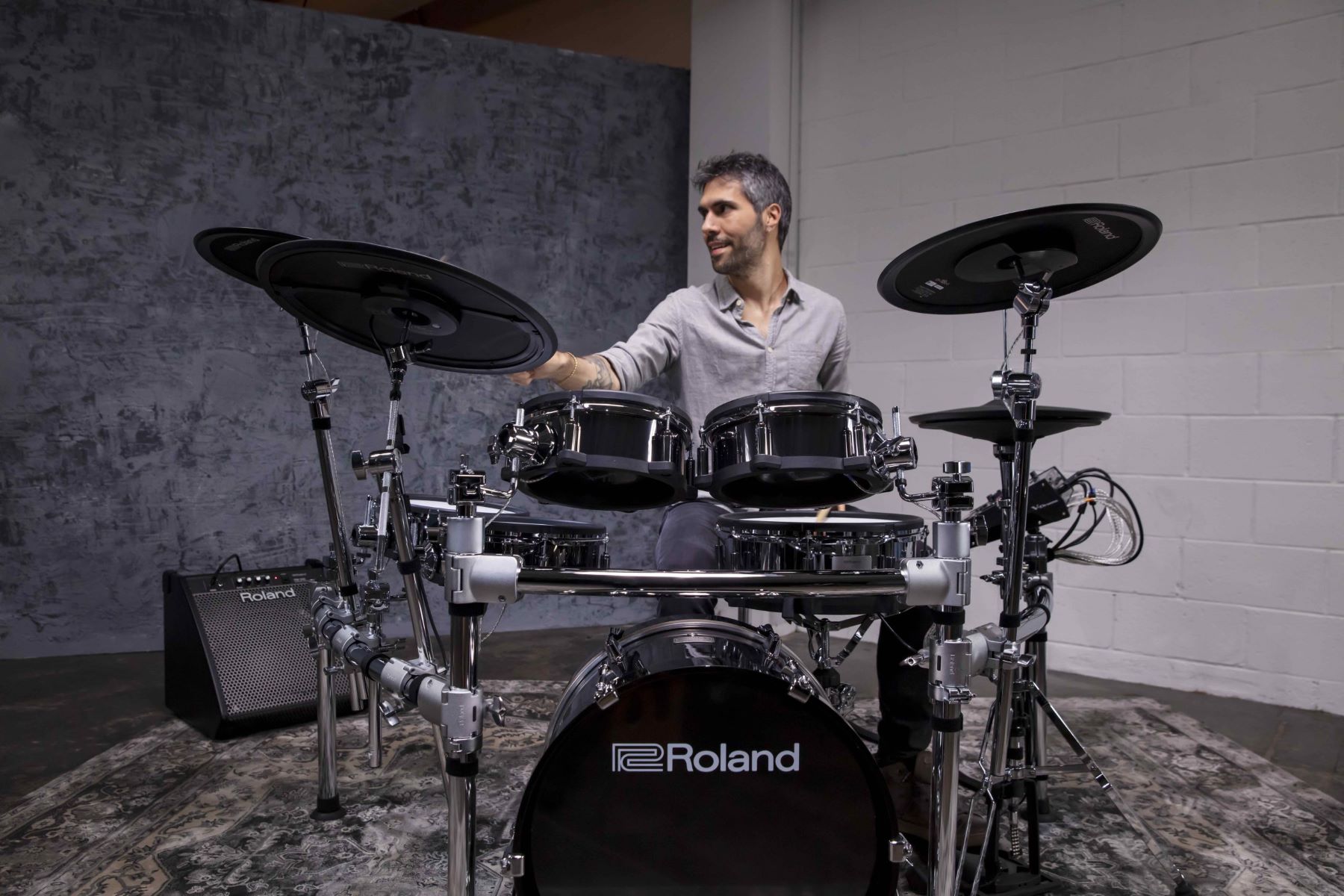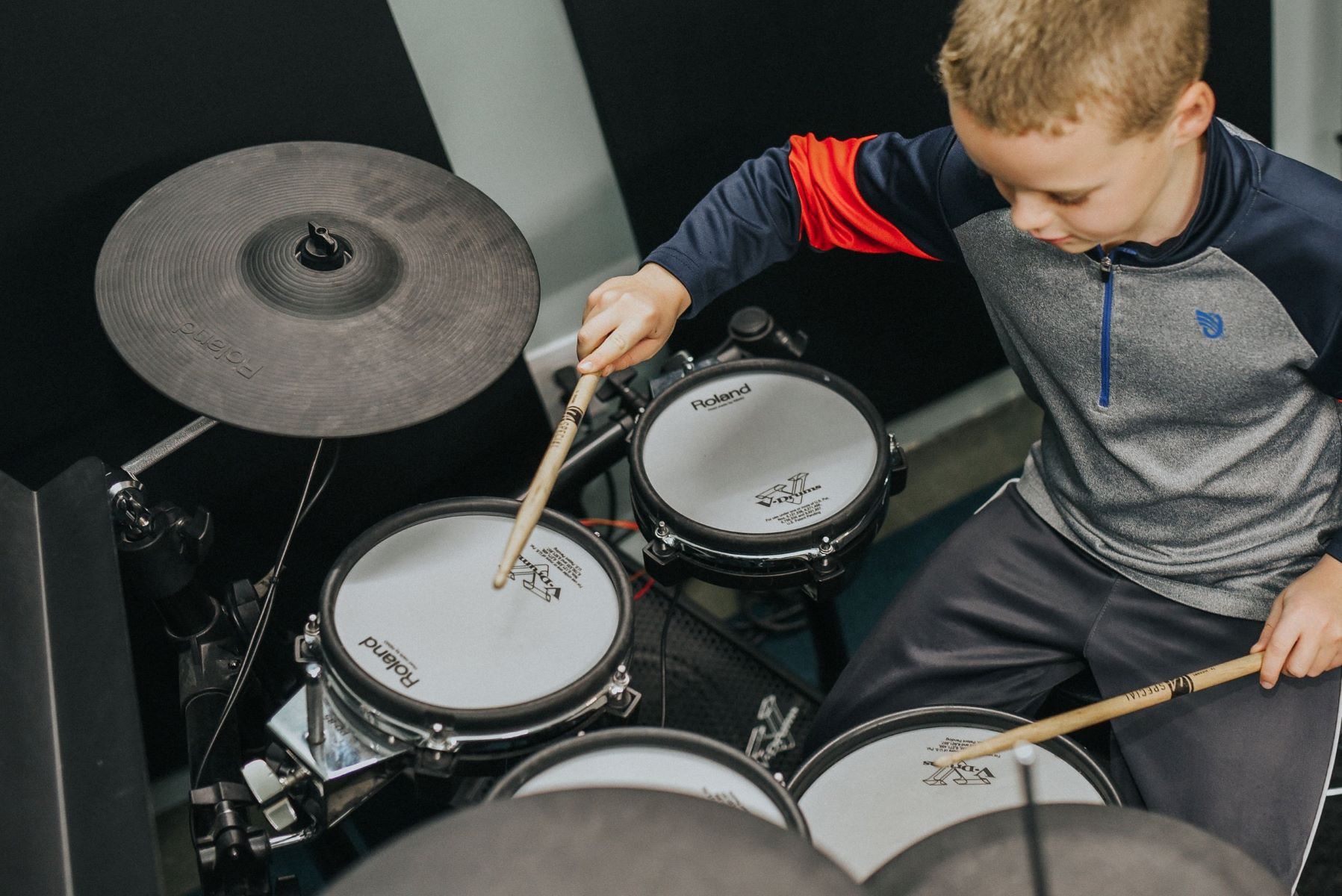Home>Instruments>Drums>How To Play Drums In An Apartment
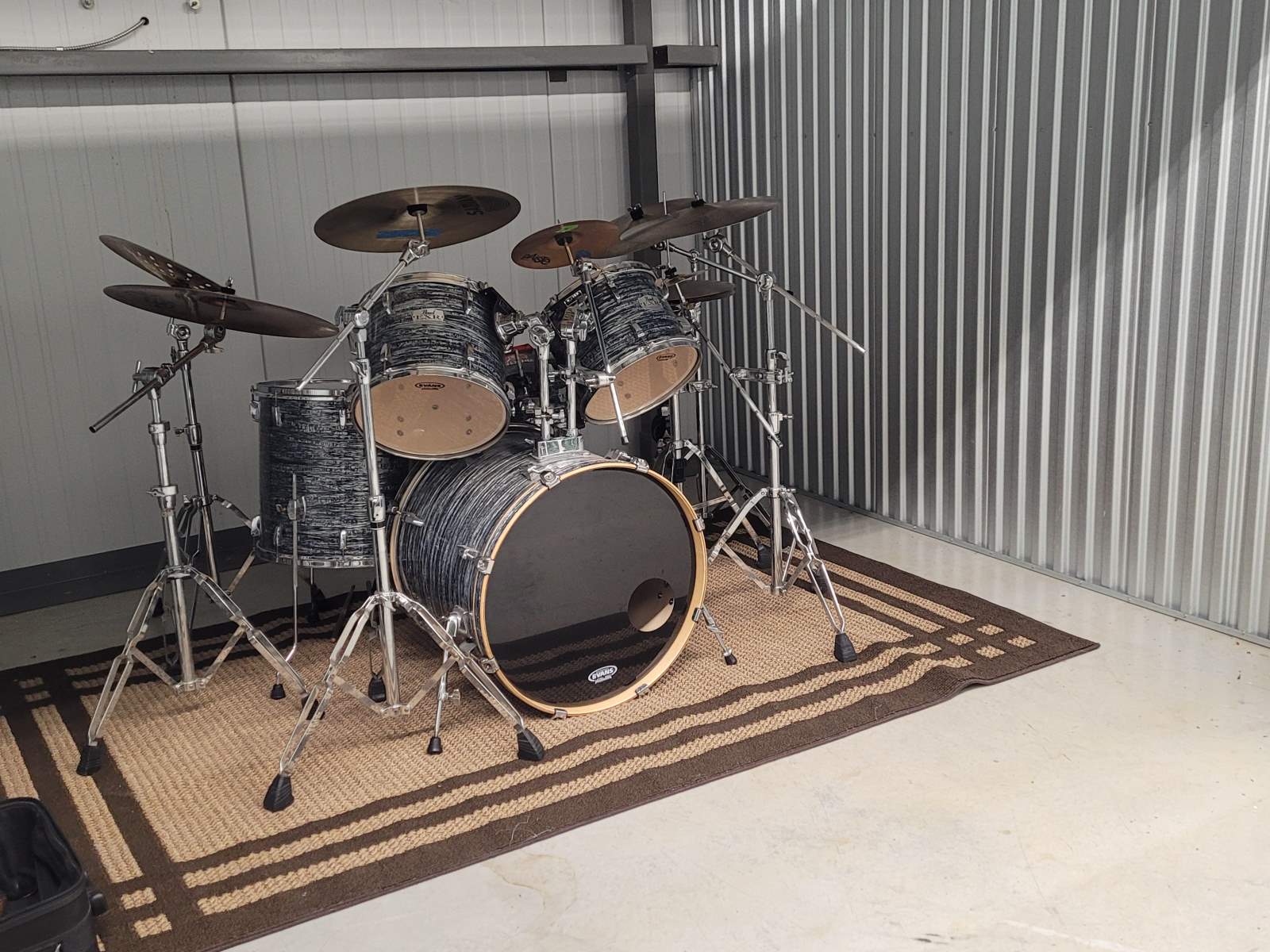

Drums
How To Play Drums In An Apartment
Published: February 8, 2024
Learn how to play drums in your apartment without disturbing your neighbors. Discover tips and techniques for practicing drums quietly and effectively. Start drumming in your apartment today!
(Many of the links in this article redirect to a specific reviewed product. Your purchase of these products through affiliate links helps to generate commission for AudioLover.com, at no extra cost. Learn more)
Table of Contents
Introduction
Playing the drums is an exhilarating and expressive form of musical artistry, but for those residing in apartments, it can present a unique set of challenges. The percussive nature of drumming can generate substantial noise, which may disturb neighbors and violate noise ordinances. However, with the right approach and a mindful attitude, it's possible to enjoy drumming in an apartment without causing disruptions.
In this comprehensive guide, we will explore the essential considerations for playing drums in an apartment setting. From selecting an appropriate drum kit and implementing soundproofing measures to practicing techniques and observing proper etiquette, we will cover all the crucial aspects to help you pursue your passion for drumming while being considerate of your neighbors.
Whether you're a seasoned drummer transitioning to apartment living or a beginner eager to learn in a confined space, this guide will equip you with the knowledge and strategies to navigate the challenges and make the most of your drumming experience. Let's dive into the world of apartment drumming and discover how to harmoniously integrate this dynamic art form into your living space.
Choosing the Right Drum Kit
When it comes to playing drums in an apartment, selecting the right drum kit is crucial for ensuring a harmonious living environment. Acoustic drum sets, while offering an authentic and powerful sound, can be excessively loud for apartment settings. In this scenario, electronic drum kits emerge as a favorable option. These modern instruments produce digital sounds and offer the flexibility to control volume levels, making them ideal for apartment drumming.
Electronic drum kits come in various configurations and price ranges, catering to diverse preferences and budgets. They typically feature rubber or mesh pads that simulate the feel of traditional drum heads while significantly reducing the noise produced during practice sessions. Additionally, electronic drum modules allow players to adjust sound settings, experiment with different drum kits, and even incorporate headphone monitoring, enabling silent practice without sacrificing the quality of sound.
When choosing an electronic drum kit for apartment use, consider factors such as pad sensitivity, sound versatility, and space-saving design. Compact models with collapsible frames or smaller footprint are well-suited for apartment dwellers with limited space. Furthermore, exploring models with built-in practice features, such as metronomes and coaching functions, can enhance the learning experience and skill development.
While electronic drum kits offer a quieter alternative to acoustic sets, it’s essential to prioritize quality and responsiveness when making a purchase. Investing in a reputable brand known for realistic sound reproduction and durable construction ensures a satisfying and enduring drumming experience.
By carefully selecting an electronic drum kit tailored to apartment living, aspiring drummers can enjoy the expressive art of percussion while respecting the peace and tranquility of their residential community.
Soundproofing Your Apartment
Soundproofing your apartment is a fundamental aspect of creating a conducive environment for drumming without causing disturbances. While electronic drum kits inherently produce less noise than acoustic counterparts, implementing soundproofing measures further mitigates the transmission of sound, contributing to a more harmonious living space.
One effective method of soundproofing is to focus on the room where the drumming will take place. Installing sound-absorbing materials, such as acoustic foam panels or soundproof curtains, can help dampen the reverberations and minimize sound leakage. These materials not only reduce the transmission of noise to neighboring units but also enhance the acoustics within the practice area, creating a more immersive and enjoyable drumming experience.
Another consideration is the flooring. If your apartment features hardwood or laminate flooring, placing thick rugs or carpeting in the practice area can help absorb impact noise and reduce the intensity of sound transmission. Additionally, using rubber drumming pads or practice mats beneath the electronic drum kit can further dampen vibrations and attenuate the noise generated during playing.
For apartment dwellers seeking a comprehensive soundproofing solution, creating a dedicated drumming space within the apartment can be beneficial. This can involve converting a spare room, walk-in closet, or alcove into a drumming studio by implementing soundproofing materials on the walls, floor, and ceiling. By containing the sound within a designated area, you can minimize disruptions to neighboring units and optimize the acoustics for an immersive drumming environment.
While soundproofing measures are valuable for reducing noise transmission, it’s important to remain mindful of the volume and duration of practice sessions, especially during late hours. Being considerate of neighbors and adhering to apartment noise regulations fosters a respectful and amicable living environment while pursuing your passion for drumming.
Practicing Considerations
Effective practice is essential for honing drumming skills, and in an apartment setting, it’s crucial to approach practice sessions with consideration for noise levels and timing. By implementing mindful strategies and adhering to respectful practices, you can optimize your practice routine while minimizing disruptions to neighbors.
One approach to managing practice noise is to schedule sessions during permissible hours, taking into account the apartment complex’s quiet hours and the routines of nearby residents. Choosing appropriate times for drumming practice, such as mid-morning or early afternoon, can help mitigate potential disturbances and demonstrate consideration for your neighbors’ daily activities and rest periods.
Moreover, practicing dynamic control is beneficial for apartment drummers. Focusing on techniques that emphasize control and precision, such as practicing rudiments and dynamics, not only enhances your drumming proficiency but also reduces the overall volume of your playing. By mastering the art of playing softly and maintaining consistent dynamics, you can enjoy productive practice sessions while minimizing the impact on neighboring units.
Utilizing technology to your advantage can also enhance the apartment drumming experience. Electronic drum kits often feature headphone monitoring capabilities, allowing you to practice silently without sacrificing sound quality. This enables you to immerse yourself in focused practice sessions, free from external distractions, while ensuring minimal noise disturbance to those around you.
Additionally, incorporating practice pads into your routine offers a quiet alternative for refining drumming techniques. Practice pads simulate the feel of drum heads and are designed for silent practice, making them an ideal option for honing stick control, speed, and accuracy without generating excessive noise. Integrating practice pad exercises into your practice regimen can diversify your routine and provide quieter practice options when necessary.
By embracing mindful scheduling, dynamic control, and leveraging technology and practice tools, apartment drummers can cultivate their skills and musical expression while fostering a considerate and harmonious living environment within their residential community.
Drumming Etiquette in an Apartment Setting
Respecting the communal living space is paramount for apartment drummers, and observing proper drumming etiquette is essential for fostering positive relationships with neighbors and maintaining a harmonious environment. By adhering to considerate practices and demonstrating awareness of the impact of drumming activities, apartment dwellers can enjoy their musical pursuits while preserving a peaceful coexistence with those around them.
Communication is a key aspect of drumming etiquette in an apartment setting. Establishing open and transparent dialogue with neighbors regarding your practice schedule and the measures you’ve taken to minimize noise can promote understanding and mitigate potential conflicts. By proactively addressing any concerns and demonstrating a willingness to accommodate reasonable requests, you can cultivate a sense of mutual respect and cooperation within the residential community.
Furthermore, being receptive to feedback and adjusting your practice routine in response to neighborly considerations showcases a considerate and adaptable approach to apartment drumming. Flexibility in scheduling practice sessions and demonstrating a willingness to make adjustments based on feedback from neighbors can contribute to a harmonious living environment and promote positive interactions within the apartment complex.
Adhering to designated quiet hours and being mindful of the timing and duration of practice sessions is a fundamental aspect of drumming etiquette. Respecting the established quiet hours and refraining from practicing during late or early hours demonstrates consideration for neighbors’ rest and daily routines. Additionally, being mindful of the duration of practice sessions and avoiding prolonged or excessively loud playing during sensitive times reinforces a respectful approach to apartment drumming.
Embracing a proactive approach to sound management is also crucial for demonstrating drumming etiquette in an apartment setting. Implementing soundproofing measures, utilizing practice tools and electronic drum features for quieter playing, and exercising dynamic control during practice sessions exemplify a commitment to minimizing noise transmission and respecting the peace and comfort of neighboring residents.
By embodying open communication, flexibility, and a proactive commitment to sound management, apartment drummers can exemplify drumming etiquette that fosters a positive and considerate living environment, allowing them to pursue their musical passion while maintaining amicable relationships with their neighbors.
Conclusion
Playing the drums in an apartment setting presents a unique set of challenges, but with thoughtful consideration and strategic approaches, apartment dwellers can harmoniously integrate drumming into their living space while respecting the peace and comfort of their neighbors. From selecting the right drum kit and implementing soundproofing measures to practicing with mindfulness and observing proper etiquette, the journey of apartment drumming is defined by a commitment to balance musical expression with considerate cohabitation.
Choosing an electronic drum kit tailored to apartment living allows drummers to enjoy the expressive art of percussion while mitigating noise disturbances. The versatility and sound control offered by electronic kits empower apartment drummers to explore their musical creativity without compromising on volume management.
Implementing soundproofing measures within the apartment creates a conducive environment for drumming, minimizing sound transmission and optimizing the acoustics of the practice space. By investing in sound-absorbing materials and creating a dedicated drumming area, apartment drummers can foster an immersive and enjoyable practice environment while respecting the tranquility of their residential community.
Practicing with consideration and mindfulness further enhances the apartment drumming experience. By scheduling practice sessions thoughtfully, mastering dynamic control, and leveraging technology and practice tools for silent playing, drummers can refine their skills and musical expression while demonstrating respect for their neighbors’ daily routines and rest periods.
Drumming etiquette in an apartment setting revolves around open communication, flexibility, and a proactive commitment to sound management. By engaging in constructive dialogue with neighbors, adhering to quiet hours, and demonstrating a willingness to accommodate reasonable requests, apartment drummers can cultivate positive relationships and foster a harmonious living environment within their residential community.
In essence, apartment drumming embodies a harmonious balance between musical passion and considerate cohabitation. By embracing the strategies and principles outlined in this guide, apartment drummers can navigate the challenges of drumming in confined spaces while fostering a respectful and amicable living environment, allowing the rhythmic heartbeat of percussion to resonate harmoniously within the walls of their apartment.



